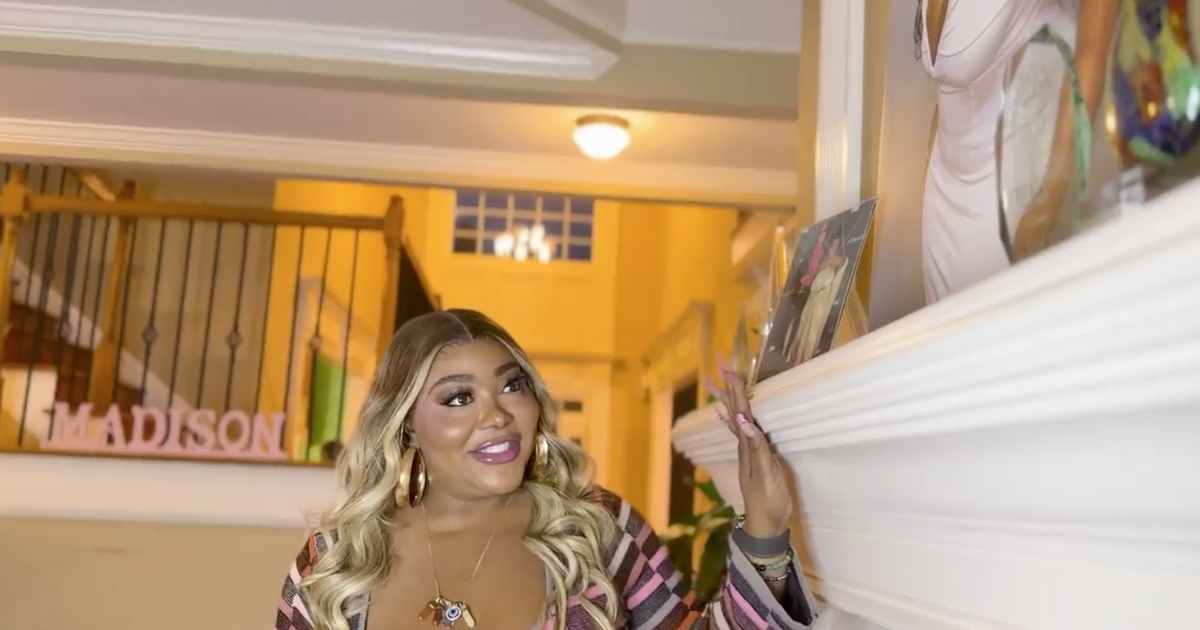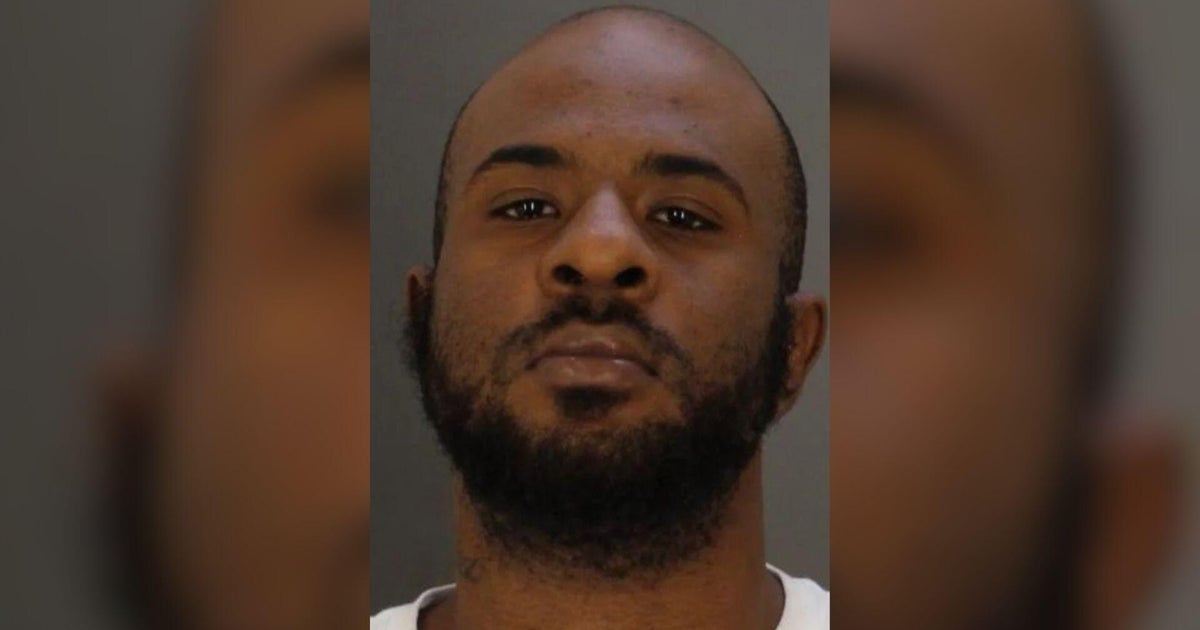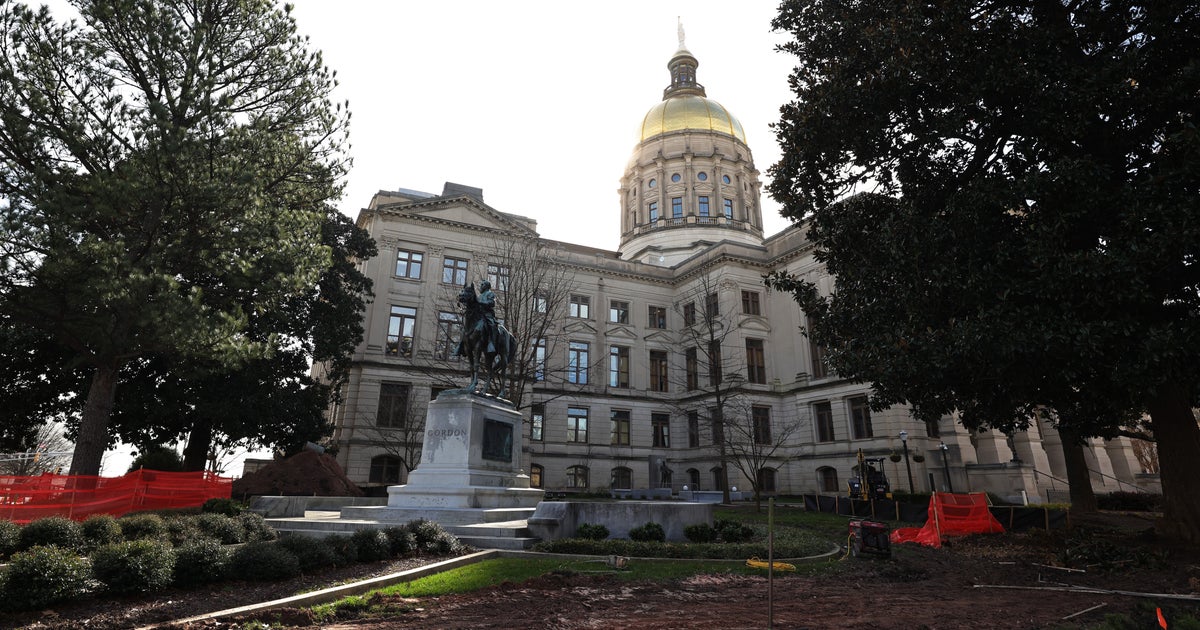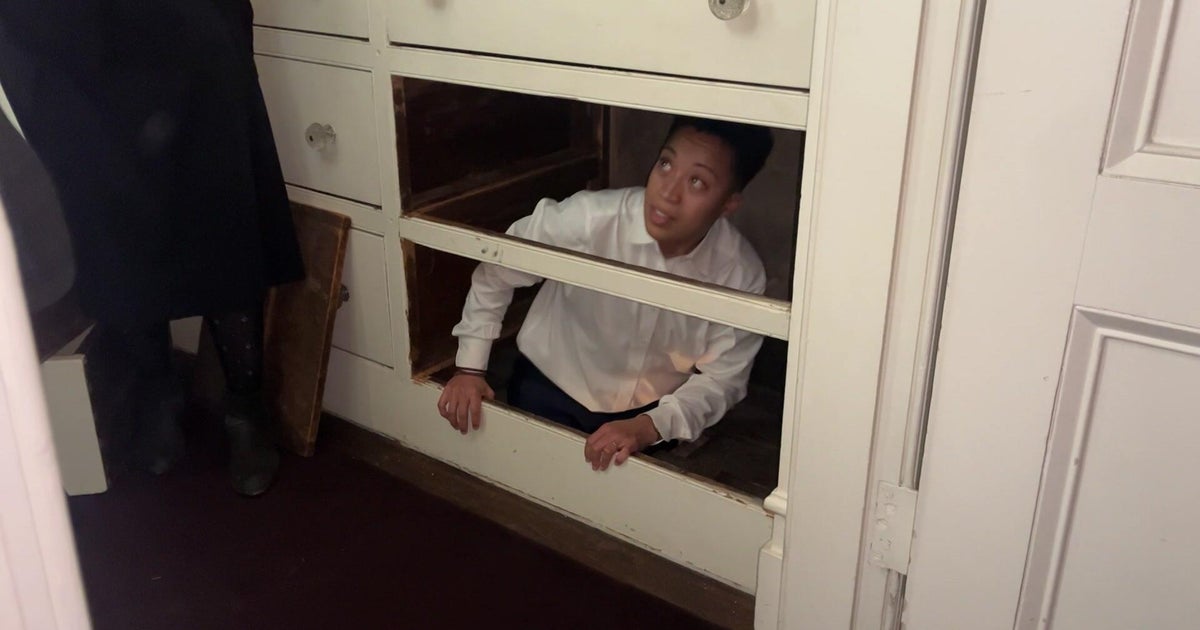New York Considering Transgender Anti-Discrimination Bill
ALBANY, N.Y. (CBSNewYork/AP) -- A year after lawmakers legalized gay marriage, the next civil rights debate taking shape in Albany is discrimination against transgender New Yorkers who say they face it in employment and housing and when they're in public all because they stray from what's accepted as male and female norms in dress and behavior.
Legislation approved 81-59 by the state Assembly last week would add gender identity and expression to state laws banning discrimination based on race, religion, sex, disability and sexual orientation. It would become a hate crime, with increased penalties, to harass or attack someone for being transgender.
Bec Collins was born female and said as a transsexual male it wasn't a big deal to dress like a man in jeans and T-shirts as an animal care technician outside Albany. But using the women's locker room was uncomfortable, so Collins got a locker in the unisex bathroom. He said his employers have been accommodating, though it's new to them. He felt a sense of relief since figuring out in his 30s exactly who and what he is.
"I'm more outgoing and happier," he said.
The Democrat-controlled Assembly has passed the Gender Expression and Non-Discrimination Act, or GENDA, five times. In the Senate, where four Republicans voted last June to help Democrats and Gov. Andrew Cuomo legalize gay marriage, the bill has been sent to the Rules Committee along with 310 other Democrat-sponsored bills that appear to be shelved as the 2012 legislative session winds down.
"I believe the votes are there. The challenge is getting a vote in the Senate. Folks are going to support expanded equal rights if they're forced to be on the record," said Sen. Daniel Squadron, a Manhattan Democrat and chief Senate sponsor. "It seems to be a core civil rights issue."
New York was the sixth state to legalize same-sex marriage but Squadron said the state is falling behind here, where 16 states, New York City and several upstate cities and three counties have passed versions of GENDA.
They include Albany, Rochester, Binghamton, Buffalo and Ithaca, as well as Westchester, Suffolk and Tompkins counties.
Asked about GENDA's chances, Senate Republican spokesman Mark Hansen said: "Our focus for the remainder of the session is to reduce taxes on businesses and create private sector new jobs."
The Senate's Republican majority has historically backed bills to assure civil rights, including tougher penalties for those accused of assaulting people because they are gay. With gay and transgender advocates a power politically, Senate passage could also remove an election year issue for Senate Democrats trying to retake the Senate majority.
Gov. Cuomo has expressed his support.
On Tuesday, it will be a principal focus of Empire State Pride Agenda's annual rally. The group, which pushed for gay marriage, said it expects hundreds of lesbian, gay, bisexual and transgender New Yorkers and allies at the Capitol.
In a report last week, the New York Civil Liberties Union said discrimination and harassment are persistent for hundreds of thousands of people in New York who present or identify themselves different from their anatomical gender. That includes employment, housing and public accommodations like businesses, schools and hospitals.
"GENDA opponents often exploit 'bathroom politics' when they argue that protecting transgender and gender non-conforming people will make 'traditional' restroom users uncomfortable and compromise their privacy," the report said. It noted that decades of experience elsewhere have shown no reported incidents of sexual predators infiltrating women's public rest rooms.
Brooklyn College Professor Paisley Currah said it's difficult to gauge the actual number of transgender New Yorkers because many people are reluctant to talk about it.
"I'm one of the lucky ones," said Paola Gonzalez, 36, of Albany. "I'm treated as a woman. Most people treat me as a woman."
Growing up a boy in Puerto Rico, she said she knew by age 6 that she was different and came out four years ago after moving to New York.
"I haven't had many difficulties but there have been exceptions," including harassment from an apartment mate that led to eviction, a human rights complaint and return of Gonzalez's security deposit.
The legislation is written broadly to include a range of possibilities from those who simply choose to ignore social norms to those who feel their gender is different from how they were born, whether or not they have had surgery or hormone treatments, Currah said.
"This legislation is kind of clarifying what the courts are already doing, which is pointing out that sex discrimination is wrong. It's just making it super clear that's how the law should be read," Currah said.
Share your thoughts in the comments section below...
(TM and Copyright 2012 CBS Radio Inc. and its relevant subsidiaries. CBS RADIO and EYE Logo TM and Copyright 2012 CBS Broadcasting Inc. Used under license. All Rights Reserved. This material may not be published, broadcast, rewritten, or redistributed. The Associated Press contributed to this report.)







